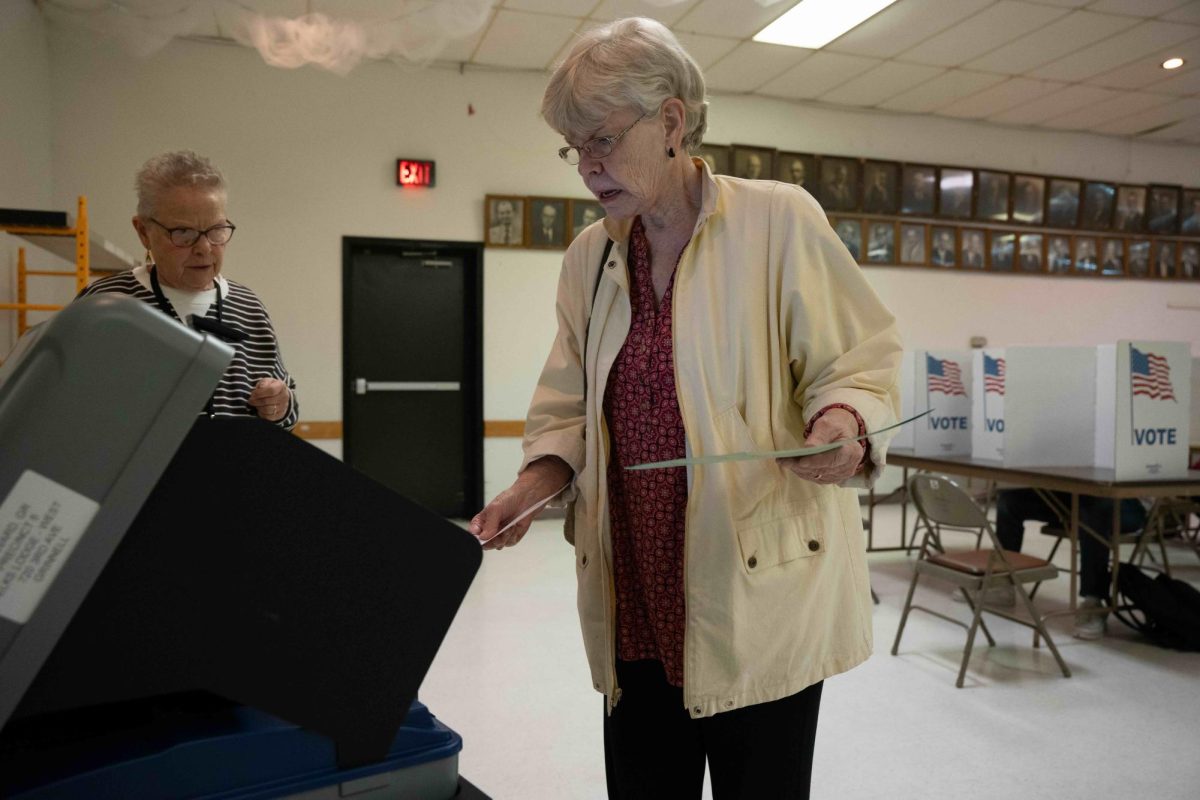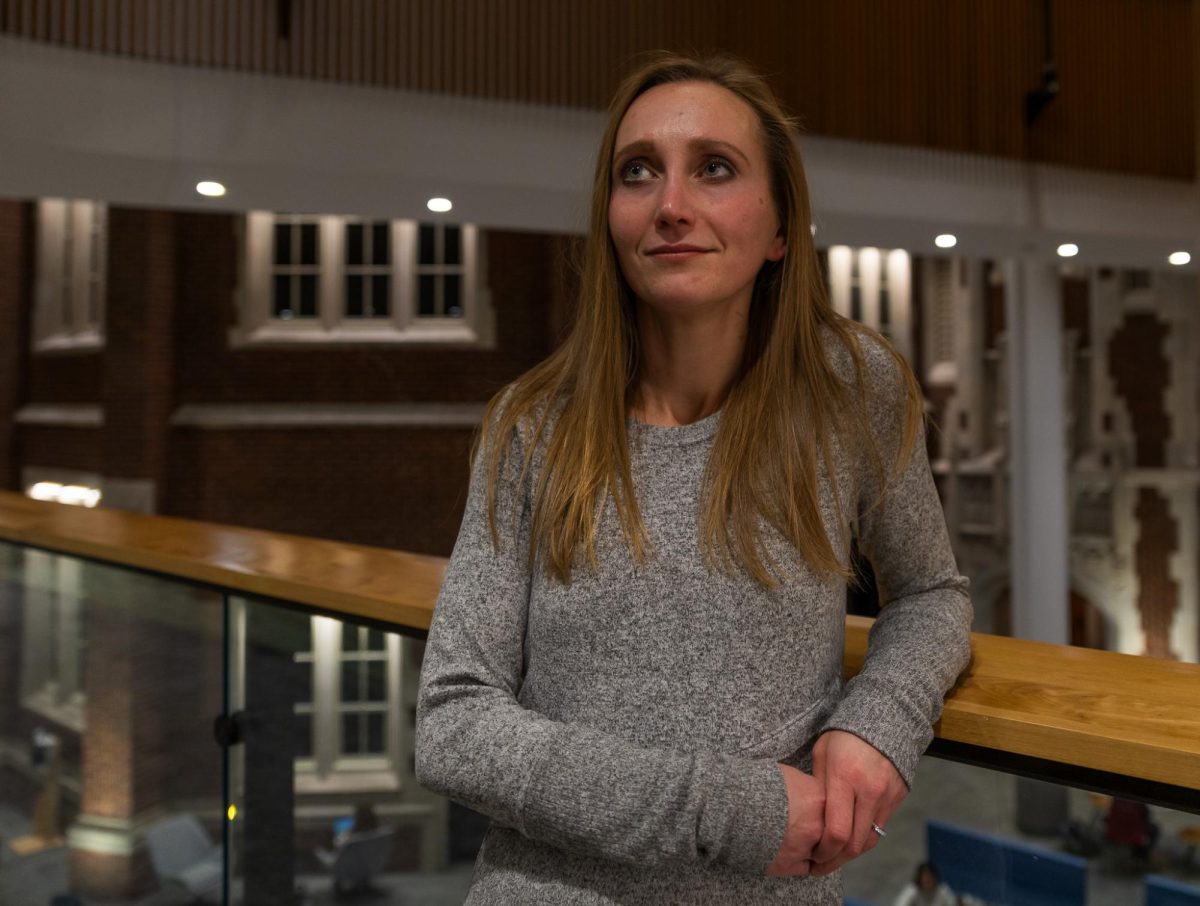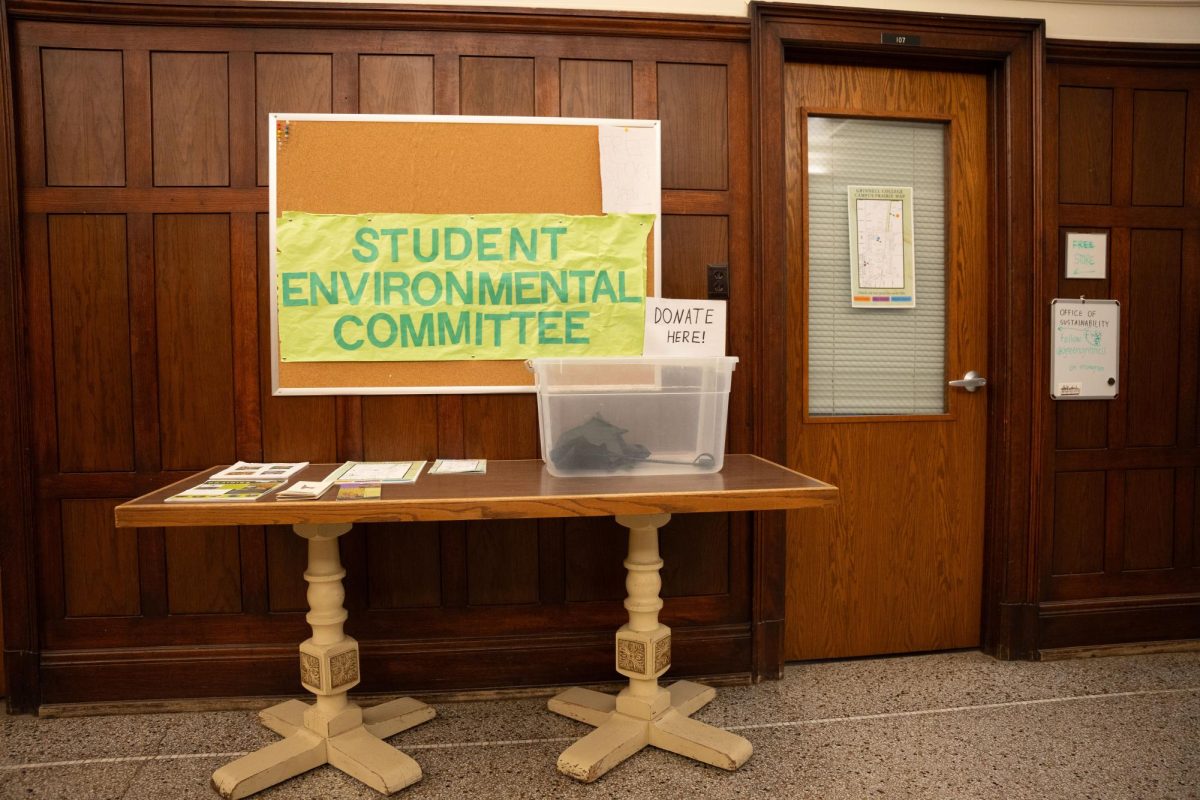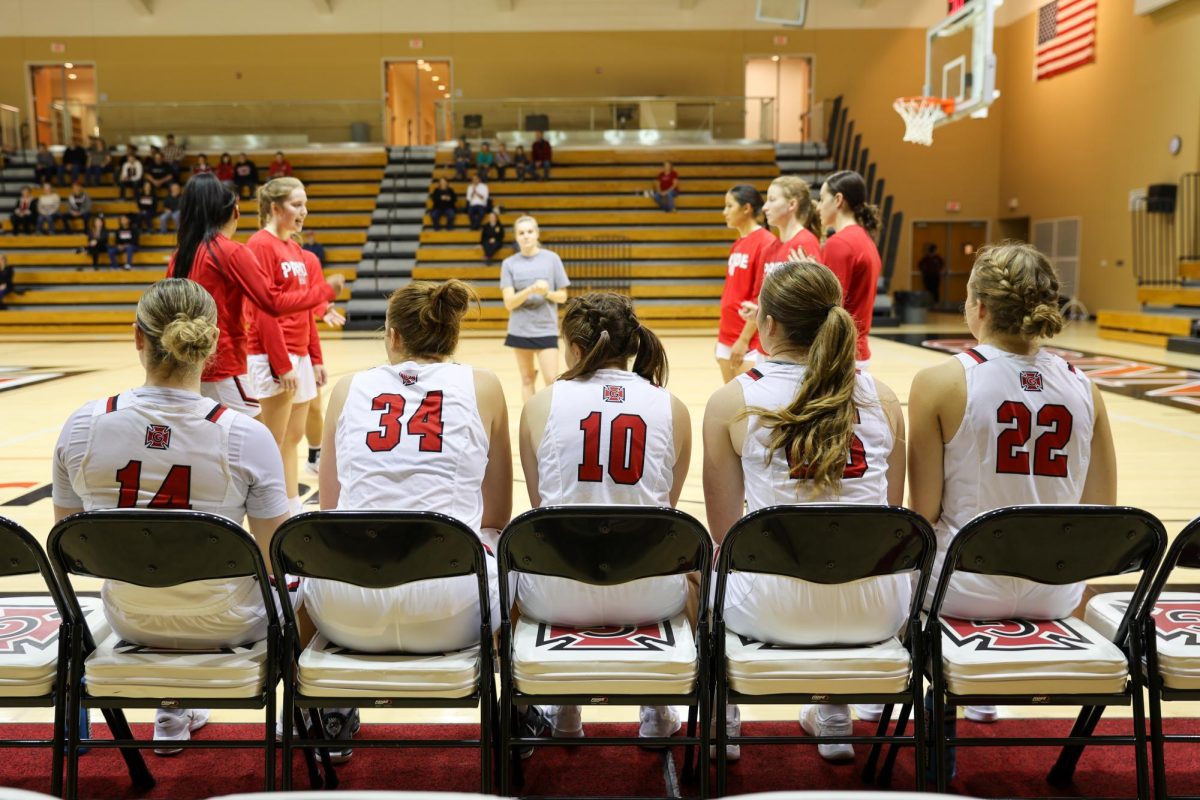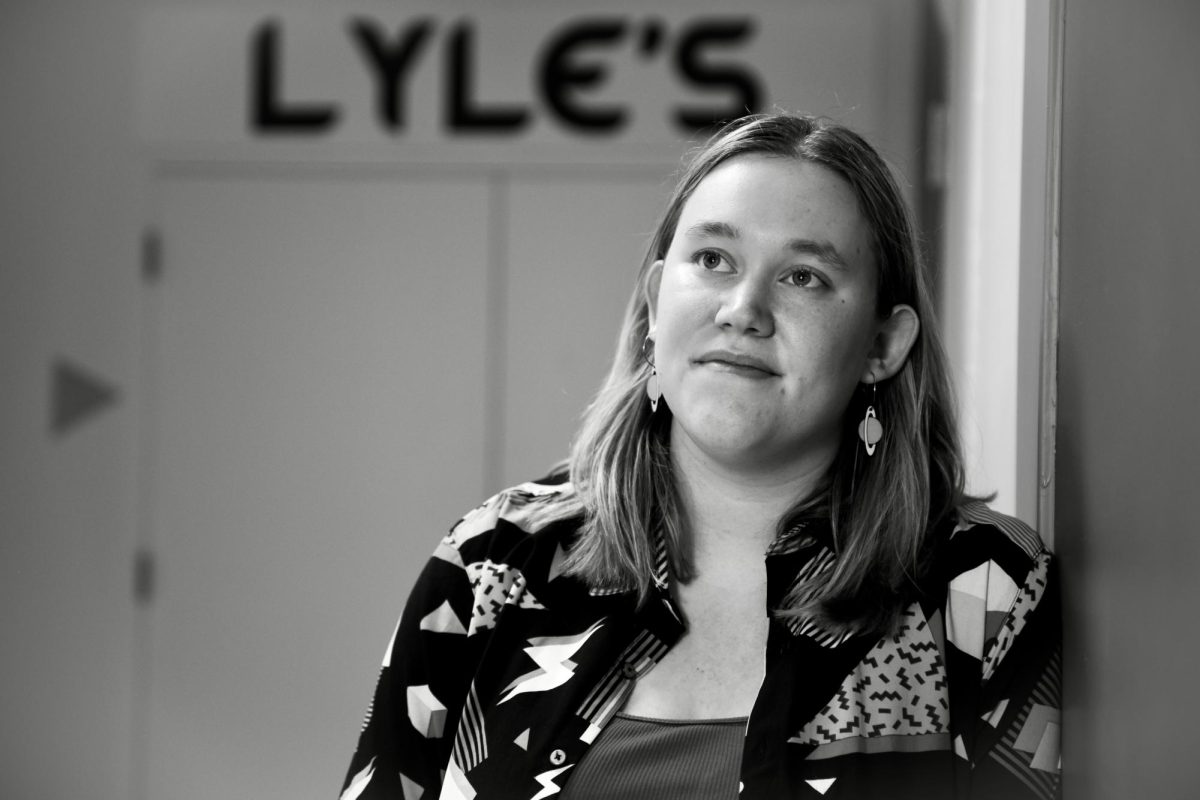Earlier this semester, President Russell K. Osgood announced the creation of an Alcohol Task Force to review the College’s alcohol policy. Mandated by federal law every two years, this semester’s review of the alcohol policy is the first to be done by a committee, about half of which is made up of students. In the past, Senior Research Associate for Diversity and Achievement Jen Krohn conducted the review when she was the Dean of Student Life.
The committee will open for input from students, faculty, staff and community members. They will be holding a town-hall style meeting to discuss the alcohol culture at Grinnell next Wednesday April 14, 7:30 p.m., tentatively scheduled in Loose Lounge.
A follow-up open forum will be scheduled after the first town-hall meeting to discuss the specifics of Grinnell’s alcohol policy.
The Task Force, created in compliance with the Drug-Free Schools and Communities Act, has no power to change any of the school’s policies, but will only make recommendations to Osgood at the semester’s end based on their discussions and findings.
Task Force members say these recommendations will not amount to an overhaul of the policy, but will likely be centered on increased education.
The announcement of the review came causing some students to be wary of the intentions of the Task Force, raising concerns about the real purpose of the group.
“The rest of my other fellow students [on the Task Force] were like ‘we need to protect self governance’ and we were expecting a full-on assault from [the administrators on the committee],’ said Sam Forman ’11, a student-at-large representative on the committee. “It’s turned out to be not at all like that.”
“We want student input, faculty input, community input,” “We talk a lot about the culture of Grinnell and the Harris Center and there’s not much to do other than drink. That’s the stereotype, whether or not that’s true or not [is the question].”
Some students not on the Task Force expressed concern about are finding ways to reduce alcohol-related hospitalizations.
“The beginning of this year, there were a lot of people going to the hospital for alcohol poisoning,” said Adam Wert ’10. Wert said he wanted to see the Task Force make changes “so we do not see as many people going to the hospital.”
Wellness Coordinator Jen Jacobsen ’95 and co-chair of the Task Force said that the high number of hospitalizations cannot be accurately compared to previous years’ because the College only has a record of ambulance transportations, not actual hospitalizations. “This task force isn’t just in response to the increase in hospitalizations, it’s taking a step back and asking ‘Is our policy really working?’” Jacobsen said.
To continue to evaluate the alcohol policy at Grinnell, Jacobsen said she would like to see the Task Force turned into a permanent committee. Some students echoed a similar statement.
“We should do that [review of alcohol policy] constantly,” said Jakob Gowell ’11, HSC of Rathje and Rose. “It’s a dynamic situation. I’m not sure it should be changed, but we should be asking ourselves that question all the time.”
According to Forman, the Task Force meetings have not been much discussion about the specifics and regulations of the alcohol policy.
“Certainly, we’ve been hesitant to discuss the current policy or any changes at all until we get the community perspective and community input,” said Jacobsen.
Mallory Scharf ’11, who is not on the committee, said she did not feel threatened by the Task Force, but could understand why other students would be. “I think that if anything serious were to come about from it, the student body of Grinnell is highly against any limitations of our rights,” she said. “I feel confident my peers will work against it.”


